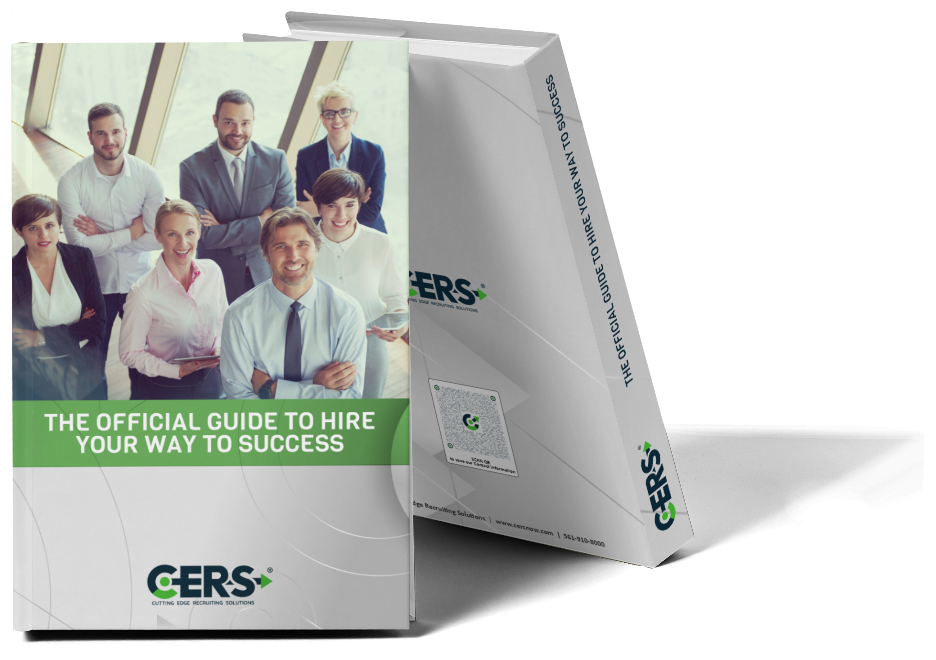You just met a candidate. Right away, you like them. They have a special magnetism, conveying confidence and articulating common ideas, visions and goals. It’s clear: they’re the right choice. Or, are they?
Some people think personal magnetism is a born trait, while others think it’s learned. Regardless, one thing is for sure. People with this quality go further, easier. But, are they really the right personnel choice for your open position?
Why Personal Magnetism Doesn’t Trump All
A bad hire is costly. So, making the right decision the first time around is important. That’s why personal magnetism should be one factor, rather than the only factor during the hiring process.
Start by making hiring a collaborative effort. The team should work together to weigh personal magnetism with other skills and experience. Some companies give each candidate a numerical rating or letter grade for skills, then weigh this rating with subjective factors, like personal magnetism. Remember, you are allowed to rank or rate the candidate’s skills but this is not a total ranking, as that could land you in hot water!
Agree on what you need
Before the next candidate walks through the door, hammer out what you’re really looking for with each stakeholder. This way, you can appreciate personal magnetism while ensuring the candidate has the right skills and background for success in your unique environment. A detailed position description can assist with guiding you through this process, but CERS recommends a brainstorming session to outline a complete target candidate profile. This will include background, experience, expectations and more to help you recognize a good fit when you meet them!
Dig Deeper
You’ve found the perfect candidate. They have the right skills, experience and a charismatic personality. However, after making the hire, you sink thousands of dollars in training – and they leave 2 months later. What happened? You might have been blinded by personal magnetism and failed to dive deeper, to uncover job fit and career aspirations.
Learn about the candidate’s long-term goals. And, most importantly, evaluate whether these goals fit within your company. If the answer is “no,” you might face turnover – no matter how appealing the candidate is. This is why the best interview strategy is to encompass direct, situational, and behavioral based interview questions into your selection process.
Do you need help? CERS can assist you in everything from the detailed hiring profile all the way through locating the right talent for your position. Best of all, we have programs to accommodate just about any budget. Call or email us today for a free no cost assessment and quote at 561-910-8000.
Are you signed up for our blog yet? Don’t miss out. Subscribe to our RSS feed and we’ll deliver upcoming “Hire This, Not That” posts conveniently to your inbox!
References
Inc. Magazine. Top 6 Hiring Mistakes to Avoid. Retrieved 12/15/12 from https://www.inc.com/james-m-citrin-and-julie-hembrock-daum/top-six-hiring-mistakes-to-avoid.html
Inc. Magazine. Understanding Charisma. Retrieved 12/15/12 from https://www.inc.com/brian-evje/understanding-charisma.html?nav=next
Time Magazine. Hiring Mistakes to Avoid. Retrieved 12/15/12 from https://business.time.com/2012/10/31/hiring-mistakes-to-avoid/









